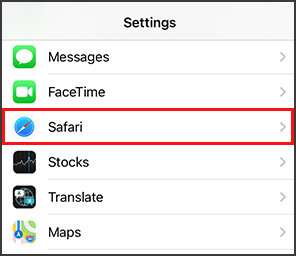 A Space to Share Memories
A Space to Share Memories
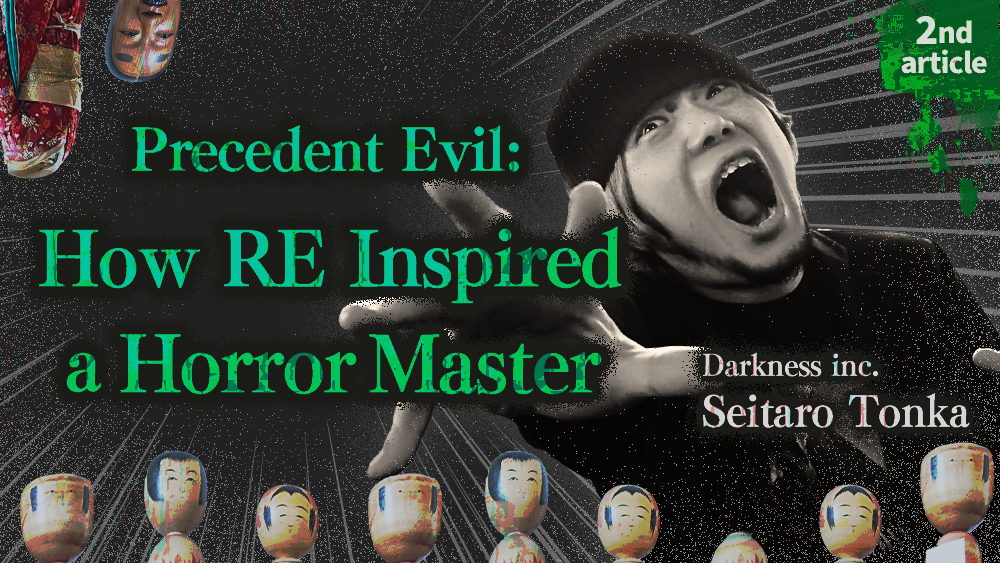
How to Horror: Learning About―and Learning to Love―the Terror (2nd article)
In the last article, we covered how Seitaro Tonka and his company Darkness inc. approach horror, and how to better enjoy it.
For this part, Mr. Tonka tells us what he thinks about the Resident Evil series, and what the future of horror looks like.
If you want to check out Mr. Tonka's popular theories on horror, click here !
─── What does the Resident Evil series mean to you?
Tonka:
Well, it's because of Resident Evil that I wanted to create haunted houses! [laughs]
Over 20 years ago, I visited a Resident-Evil-themed haunted house. The level of detail was incredible, and overall much higher quality than any other houses around. I felt like I was in the game, so I was terrified. It changed my whole life. Since then, I've been in love with haunted houses.
Right around the time the original game was released, I was really into horror stuff but still a coward, so I would watch my brother play it. Man, it scared me so much! [laughs]
By the time Resident Evil: Code Veronica came out, I was able to play it myself, and had a blast. I never knew something so scary could be so fun! The story really hooked me, because it was more than just fighting a horde of zombies; it also focused on the relationship between the Redfields. The combination of story and scares left a big impression on me.
I felt like Capcom added elements that drew a scaredy cat like me in. They pioneered how to do horror games, so I paid very close attention, especially to the directions.
What's particularly interesting, though, is that according to Takeshi Okamoto at Kindai University,* relatively the Japanese don't have a deep-seated fear of zombies, nor do they fear them in a religious sense.
For other cultures that believe in ressurection, turning into a zombie represents the inability to move to the next phase of existence―a fate worse than death. Ordinarily the Japanese aren't really familiar with this notion, so it's not so scary. But still, the zombies in Resident Evil sure are terrifying! [laughs] They transcended culture.
That's why the Resident Evil games are more than just action: the creators put a lot of thought into the design to make them truly scary.
Players are placed in nerve-wracking situations and need to use their wits to survive. Being forced to face your fears without losing your head gives depth to the overall experience.
https://game.capcom.com/residentevil/en/umbrella-20211015110000.html *We interviewed Professor Takeshi Okamoto for a previous Under the Umbrella article. So make sure to check it out!
─── What do you think about the relationship between horror and games?
Tonka:
Nowadays I'm always thinking about how to bring horror games to life, but I used to think horror and games could never occupy the same space. If the game elements are too pronounced, the horror falls to the wayside, and vice-versa.
It's a tricky thing, figuring out the correct balance that makes the right use of players' mental resources. Resident Evil figured it out, though, so I often look to those games for inspiration! [laughs]
Novels and other non-interactive media don't have that problem. However, games by design involve tasks to accomplish, which gradually take the focus off the horror. Resident Evil is special, though, because each element is designed with horror in mind: limited ammo, item/health management, etc. Because you have to be mindful of all of that, the game gets scarier as you make progress.
One of the advantages of horror games is the potential to do anything with the story. You can kill off major characters right away and make it work. Other genres would struggle to pull that off.
Horror games can also play around with themes of life and death in ways other media can't, telling powerful stories that really move players.
─── Would you say horror games and haunted houses both struggle with how to make repeat experiences engaging?
Tonka:
For both of them, the second time through is always different than the first.
When creating an experience, I try to make the first time enjoyable on its own, but the second time enjoyable in the sense that you can have fun looking for what causes the scares.
Scaring people requires a lot of blood, sweat, and tears; you put so much of your energy into the details, people practically owe it to us to be scared. [laughs]
I want them to realize clearing the game once isn't the end; repeat playthroughs offer different experiences.
If you had trouble in the first playthrough, the second one will be simpler, so you can enjoy going off the beaten path and appreciate the finer details.
Before you know it, you're having fun and getting a kick out of horror.
─── How do you think the horror industry, including games, will evolve?
Tonka:
I think it will just keep getting more interesting, especially with newer technology like VR and the metaverse. Imagine visiting a haunted house in the metaverse! The possibilities of the online world are endless!
I love the unique experience of interacting over the internet with people I've never met. Even though we can't see each other, we can still feel the same things and unite in a shared experience. I want to use this concept to take the horror experience to the next level.
I'm sure there's a lot of fun to be had in sharing your terror with others. Making use of technology is the way forward when it comes to finding new ways to achieve satisfaction.
─── On a slightly different note, I checked out your company's website.** It was terrifying! What went into making it? (**The link to the page can be found at the bottom of this article. Be sure to use headphones for a more immersive experience!)
Tonka:
Thanks for visiting the site!
We designed it to be an enjoyable five-minute experience. It's an online haunted house of sorts where we can show off our skills and creativity.
There are a lot of videos out there talking about how cool the Darkness inc. homepage is, and we really appreciate that.
And given how people's lifestyles have changed, we're seeing people experience horror in bed before they sleep, as well as with others during their lunch breaks. There's been no better time to enjoy horror.
─── In closing, is there anything you want to say to the Resident Evil fans reading this article?
Tonka: If you're a big fan of horror (and I'm sure you are if you enjoy horror games!), then you should try creating your own horror experience some time! Spread the word of horror to those around you, and remember to keep finding ways to enjoy it!
─── Thank you for your time today, Mr. Tonka!
So, what did you guys think? I'm sure there was a lot of juicy information covered here for horror fans and horror creators alike!
We don't have too many opportunities to reflect on horror as a genre, so if you find yourself playing Resident Evil, think back to this article and see if it affects how you play the game!
If you've got anything interesting to share with us about horror, let us know with the #REBHFun hashtag!
See you in the next UNDER THE UMBRELLA article!
Seitaro Tonka
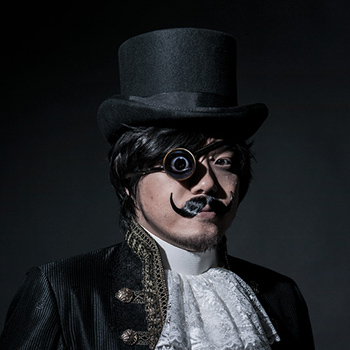
Darkness inc. https://death.co.jp/ Seitaro Tonka was born in Hyogo in 1981, and originally worked as a graphic designer. In 2015, ready to turn his passion for horror into a career, he founded Darkness inc. There, he continues to marry horror with technology, spearheading horror events and promotions, offering horror tech services, and crafting new, frightening experiences.
CONTENTS
-
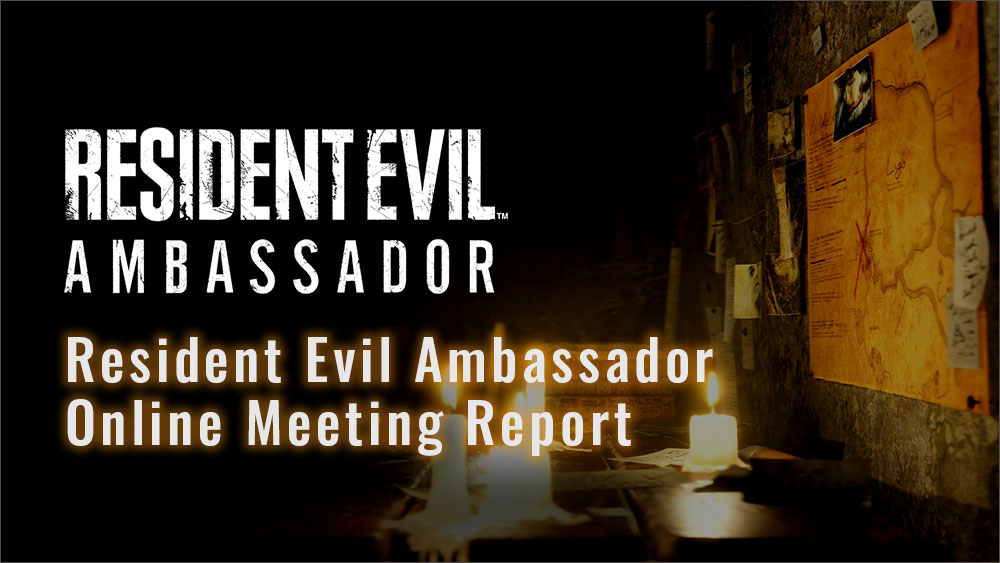
Winter 2023 Resident Evil Ambassador Online Meeting Wrap-up
Jan.31.2024 UNDER THE UMBRELLA
-
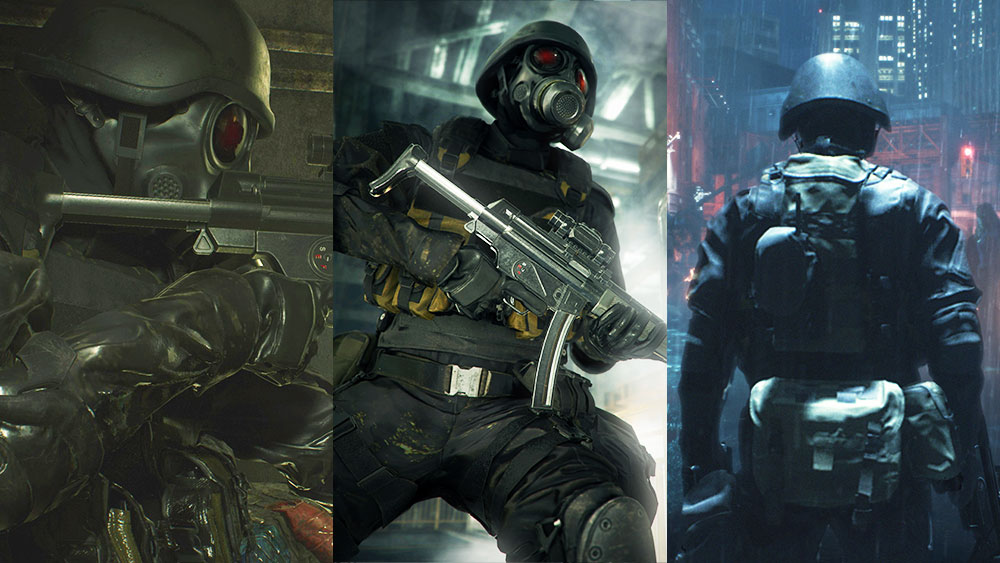
HUNK: The Fearless and Fearsome 4th Survivor
Nov.08.2023 UNDER THE UMBRELLA
-
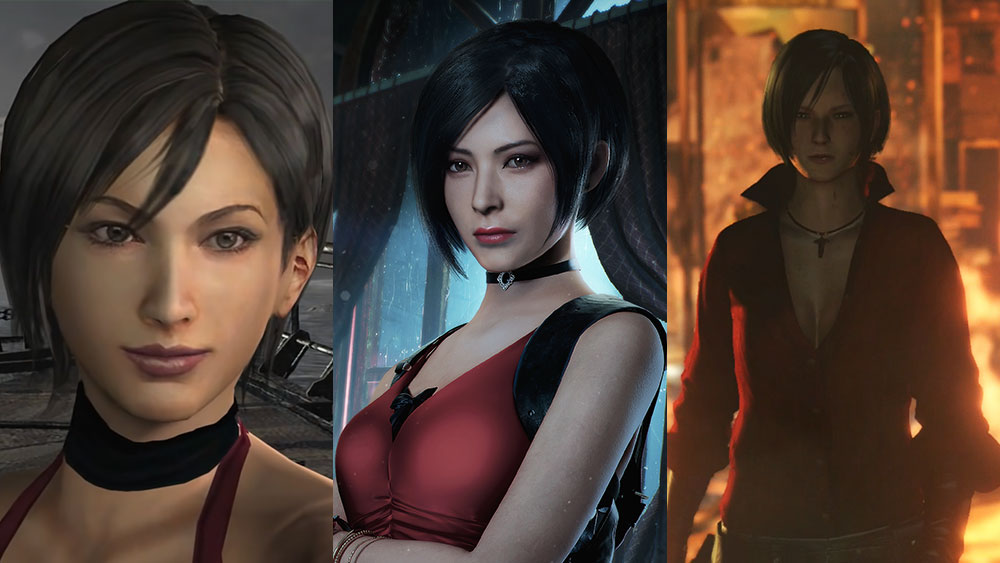
Ada Wong: Elusive Femme Fatale
Sep.20.2023 UNDER THE UMBRELLA
-
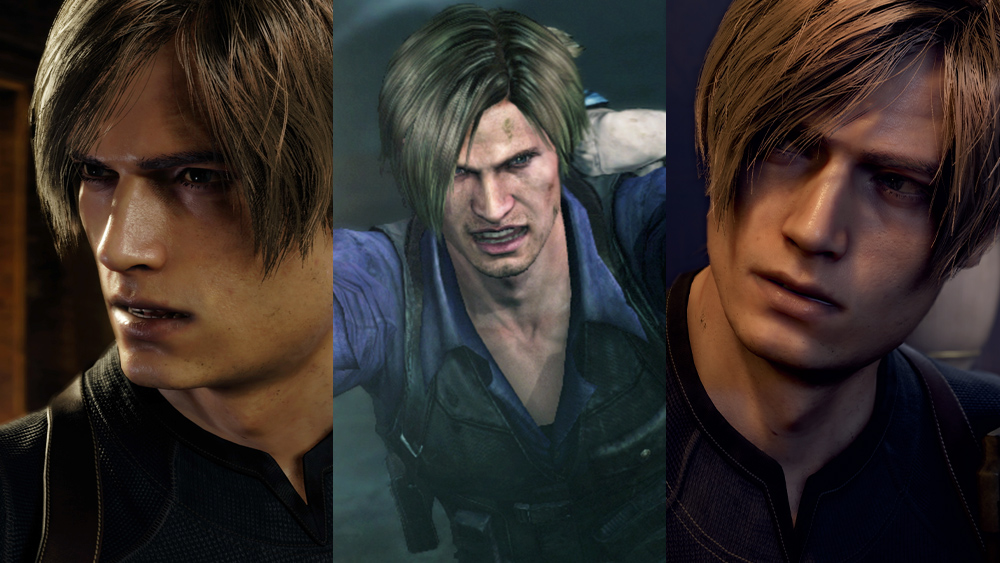
Leon S. Kennedy: Ass-kicking Agent Extraordinaire
Mar.24.2023 UNDER THE UMBRELLA
NEWS
-
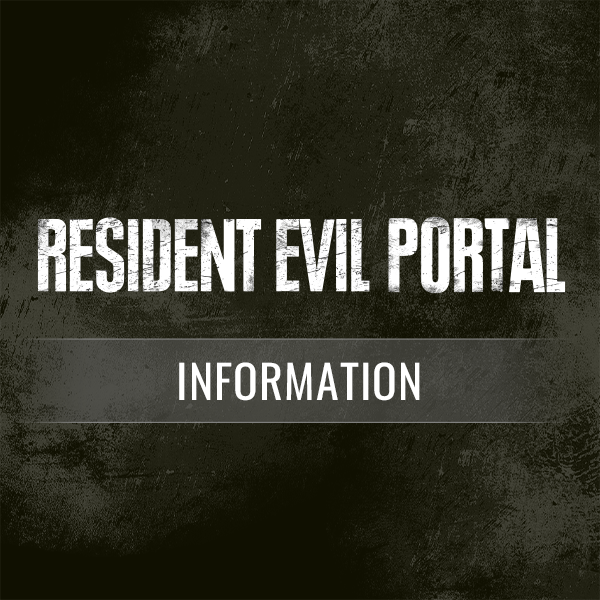
[Resolved] Unable to send data to RE NET normally
Apr.19.2024 RE NET
-
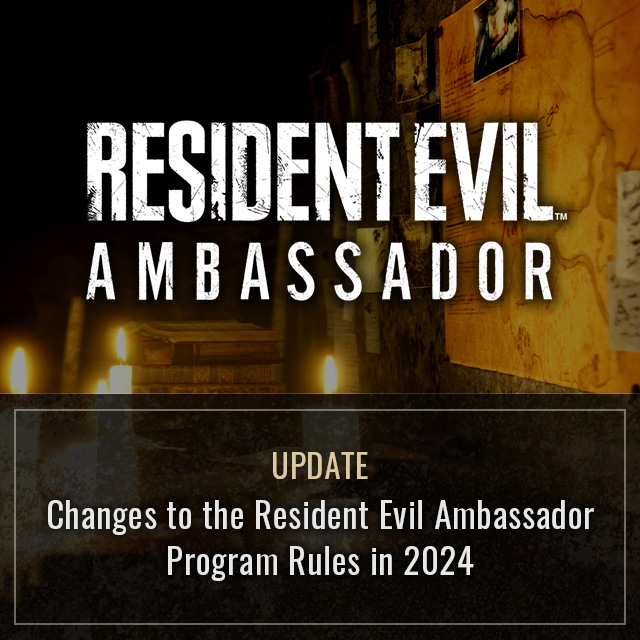
UPDATE[Special Announcement]"Resident Evil Ambassador Program" Rule Changes for FY2024
Mar.25.2024 Ambasaddor
-

Resident Evil Portal maintenance info
Mar.25.2024 RE NET
-

[Win an Original Wallpaper!] Follow and Repost to enjoy the quiz, as part of a special campaign on the official Resident Evil brand X account!
Mar.18.2024 Event・Campaign




